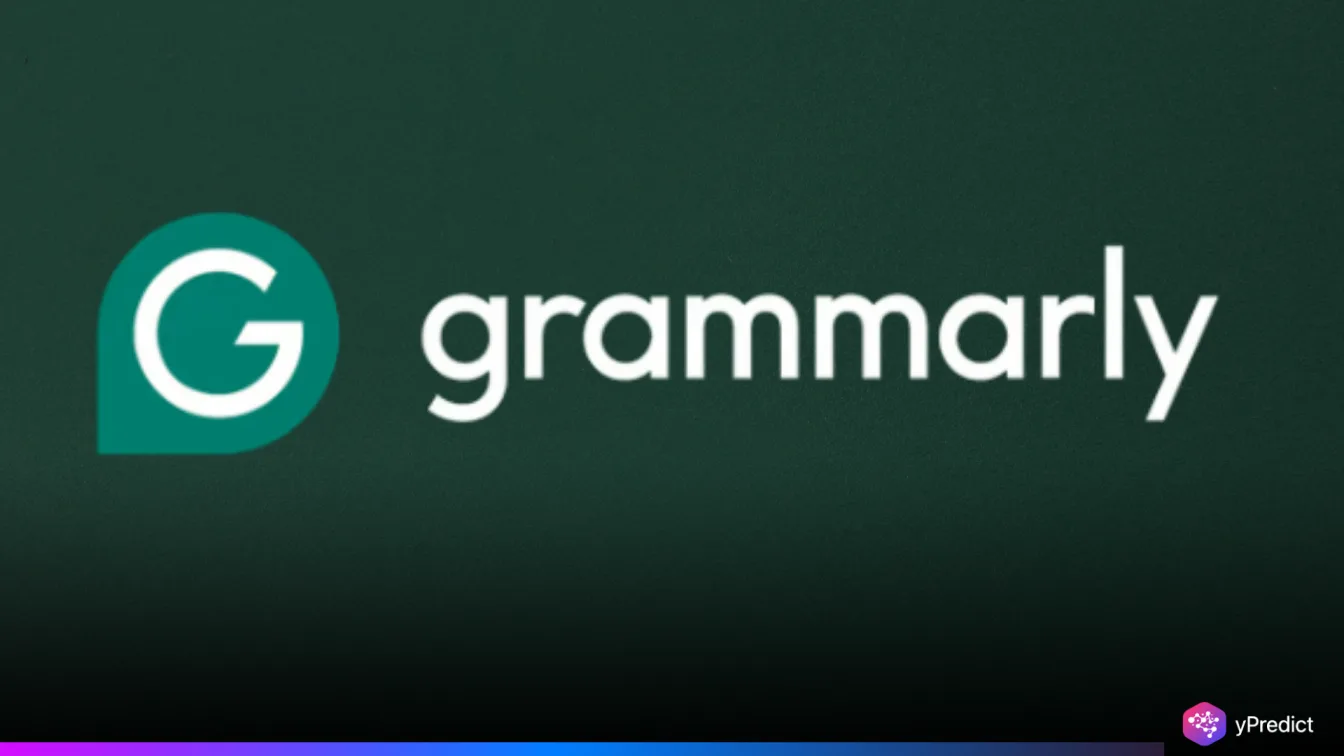
Grammarly has acquired Superhuman, the premium AI-powered email startup, as part of its larger plan to build an enterprise-ready AI productivity suite. While financial details remain undisclosed, Superhuman was last valued at $825 million. The deal comes on the heels of Grammarly’s $1 billion raise from General Catalyst, pushing its valuation over $13 billion. With over 40 million daily users, Grammarly aims to go beyond grammar correction, and email is the next frontier. Superhuman CEO Rahul Vohra and his 100+ team members will join Grammarly, combining forces to build AI-native workplace tools that integrate communication, productivity, and intelligence.
Superhuman Brings AI Email Power to Grammarly’s Ecosystem
It has built its reputation as an elite, fast, and AI-optimized email experience. It promises users can send and reply to 72% more emails per hour, and AI-assisted composition has grown fivefold over the past year. But with Google and Microsoft embedding generative AI into Gmail and Outlook, staying competitive requires scale. That’s what Grammarly offers. With $1 billion in fresh capital and a growing AI agent strategy following its acquisition of Coda. Grammarly is building a unified productivity ecosystem. Email was the logical next step. “Email is the most used work app on the planet, more than docs, chat, or anything else,” said Grammarly CEO Shishir Mehrotra. “Superhuman leads in innovation in this space.”
Superhuman has a small, fast user experience, which is combined with the AI engine used by Grammarly. It has the potential to make products that can be built in rather than added on to workflows. The objective is to have AI agents that can read the contexts of the emails, docs, calendars, and others and provide more intelligent suggestions, highlights, and automatic actions dynamically. Vohra confirmed Superhuman will retain its brand and product while gaining access to Grammarly’s scale, research talent, and enterprise distribution. The aim: to become the go-to AI stack for knowledge workers.
AI Agent Strategy Sets Grammarly Apart in Crowded Productivity Race
Grammarly’s move into AI productivity isn’t about building tools; it’s about building infrastructure. With the Superhuman deal, the company is doubling down on a strategy it began with the acquisition of Coda in 2023. Create a system of AI agents that integrates deeply with how people actually work. Shishir Mehrotra, who co-founded Coda and now leads Grammarly, envisions a world where AI agents pull insights across email, documents, calendars, and collaboration spaces without switching apps. These agents would proactively surface relevant information, draft communications, and even help make decisions. Unlike standalone AI chatbots or basic autocomplete tools, Grammarly is betting on contextual intelligence.
It’s a vision that echoes moves by OpenAI, Anthropic, and Google, but with a more integrated, enterprise-first foundation. With email as a foundational layer, Superhuman becomes the inbox interface for this AI network. Meanwhile, Grammarly’s existing user base, combined with Superhuman’s premium customers, offers a strong starting point for adoption. “Think of it as building the nervous system of modern work,” said Mehrotra. “The future isn’t just about writing emails faster, it’s about making every digital action smarter.” In an increasingly competitive market, that kind of vertical integration could give Grammarly an edge over legacy players and AI startups alike.
Grammarly + Superhuman = The Future of Work?
With the Superhuman acquisition, Grammarly is signaling its ambition to own more than just grammar. It wants to build the brain of modern digital work. With 1 billion of new funding and equipped with engineering and product talents of Superhuman, the company has been competing with tech giants in the AI productivity arm race. Combining sharp design and profound AI infrastructure, Grammarly is to be positioned as the tool of choice in the changing world of work where people meet with AI. The inbox is just the beginning. Calendars, tasks, docs, and AI agents that understand context and act on your behalf- this is Grammarly’s new direction.






